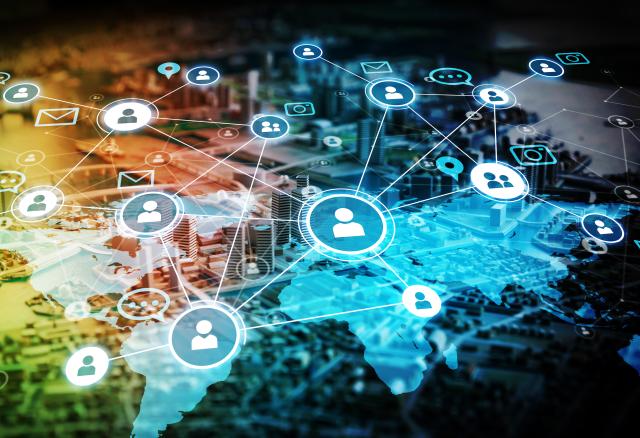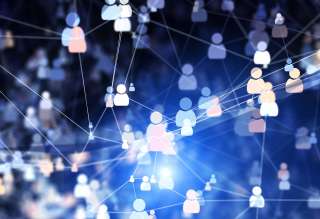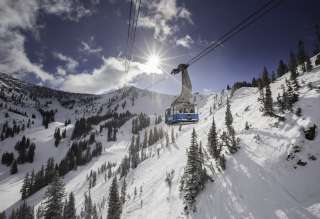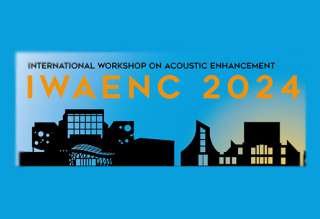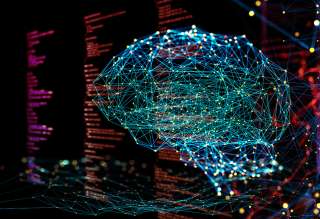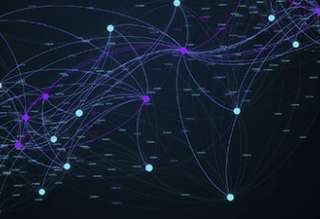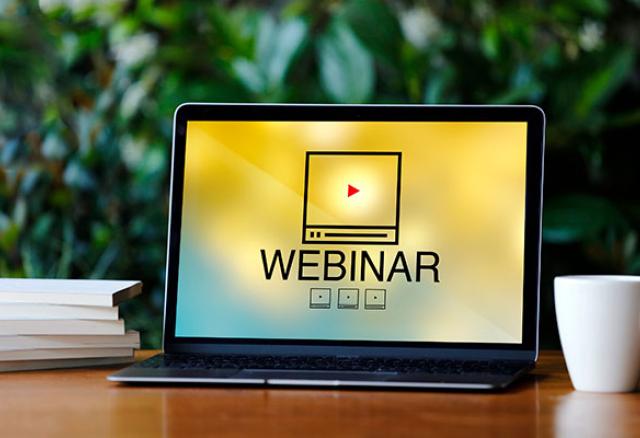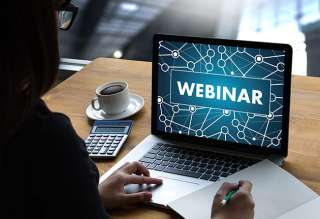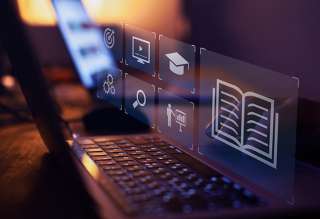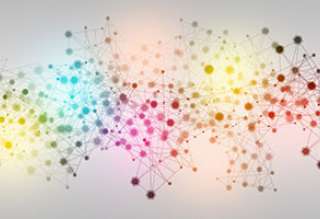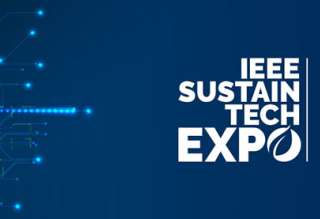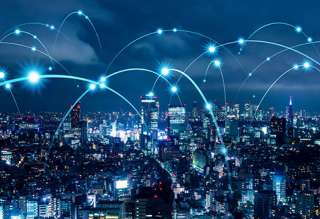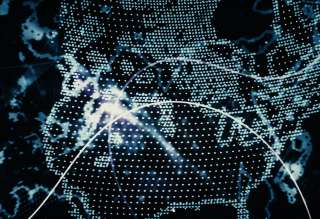SPS Feed
Top Reasons to Join SPS Today!
1. IEEE Signal Processing Magazine
2. Signal Processing Digital Library*
3. Inside Signal Processing Newsletter
4. SPS Resource Center
5. Career advancement & recognition
6. Discounts on conferences and publications
7. Professional networking
8. Communities for students, young professionals, and women
9. Volunteer opportunities
10. Coming soon! PDH/CEU credits
Click here to learn more.
The Latest News, Articles, and Events in Signal Processing
Date: 27-30 October 2024
Location: Pacific Grove, CA, USA
Date: 19-22 March 2024
Location: Snowbird, UT, USA
Date: 9-12 September 2024
Location: Aalborg, Denmark
Date: 13 December 2023
Time: 8:00 AM ET (New York Time)
Presenter(s): Dr. Ahmed Elzanaty, Dr. Anna Guerra, Dr. Francesco Guidi
Date: 6 December 2023
Time: 3:00 PM ET (New York Time)
Presenter(s): Dr. Xiaowen Dong
Date: 14 December 2023
Time: 9:00 AM ET (New York Time)
Presenter(s): Dr. Ming Ding
Date: 29 November 2023
Time: 11:00 AM ET (New York Time)
Speaker(s): Dr. K.V.S. Hari
Addressing underwater image challenges, our method MLLE enhances color, contrast, and details efficiently. Outperforming competitors, it processes 1024×1024×3 images in under 1s on a single CPU. Experiments show improved underwater image segmentation, keypoint detection, and saliency detection.
Date: 5-7 December 2023
Time: 9:00 AM ET (New York Time)
Presenter(s): Ghassan AlRegib, and Mohit Prabhushankar
Location: Online
Date: 27-28 August 2024
Location: San Diego, CA, USA
My end of term as IEEE Signal Processing Society (SPS) president is fast approaching. It has been an incredible experience that has provided me with so many opportunities to engage with our members around the globe, forge relationships with other IEEE Societies, and meet a diverse range of people that I hope will become active members of our Society in the future. It has been a great privilege to be at the helm of a Society that garners such a high level of worldwide respect and recognition.
My three years of service as the editor-in-chief (EIC) of Signal Processing Magazine ( SPM ) are now coming to a close. During the past three years, many of us were deeply affected by serious political, social, and environmental events such as the war in Ukraine; protests for freedom in Iran; coups d’état in Africa; the COVID-19 pandemic; seisms in Turkey, Syria, and Morocco; huge floods in Libya and India; gigantic fires in North America and Southern Europe; and an avalanche of stones in the Alps, to name a few. In such a context, I believe that the IEEE slogan, “Advancing Technology for Humanity,” is incredibly relevant and timely.
Encoding-decoding convolutional neural networks (CNNs) play a central role in data-driven noise reduction and can be found within numerous deep learning algorithms. However, the development of these CNN architectures is often done in an ad hoc fashion and theoretical underpinnings for important design choices are generally lacking. Up to now, there have been different existing relevant works that have striven to explain the internal operation of these CNNs. Still, these ideas are either scattered and/or may require significant expertise to be accessible for a bigger audience.
Pages
SPS Social Media
- IEEE SPS Facebook Page https://www.facebook.com/ieeeSPS
- IEEE SPS X Page https://x.com/IEEEsps
- IEEE SPS Instagram Page https://www.instagram.com/ieeesps/?hl=en
- IEEE SPS LinkedIn Page https://www.linkedin.com/company/ieeesps/
- IEEE SPS YouTube Channel https://www.youtube.com/ieeeSPS

